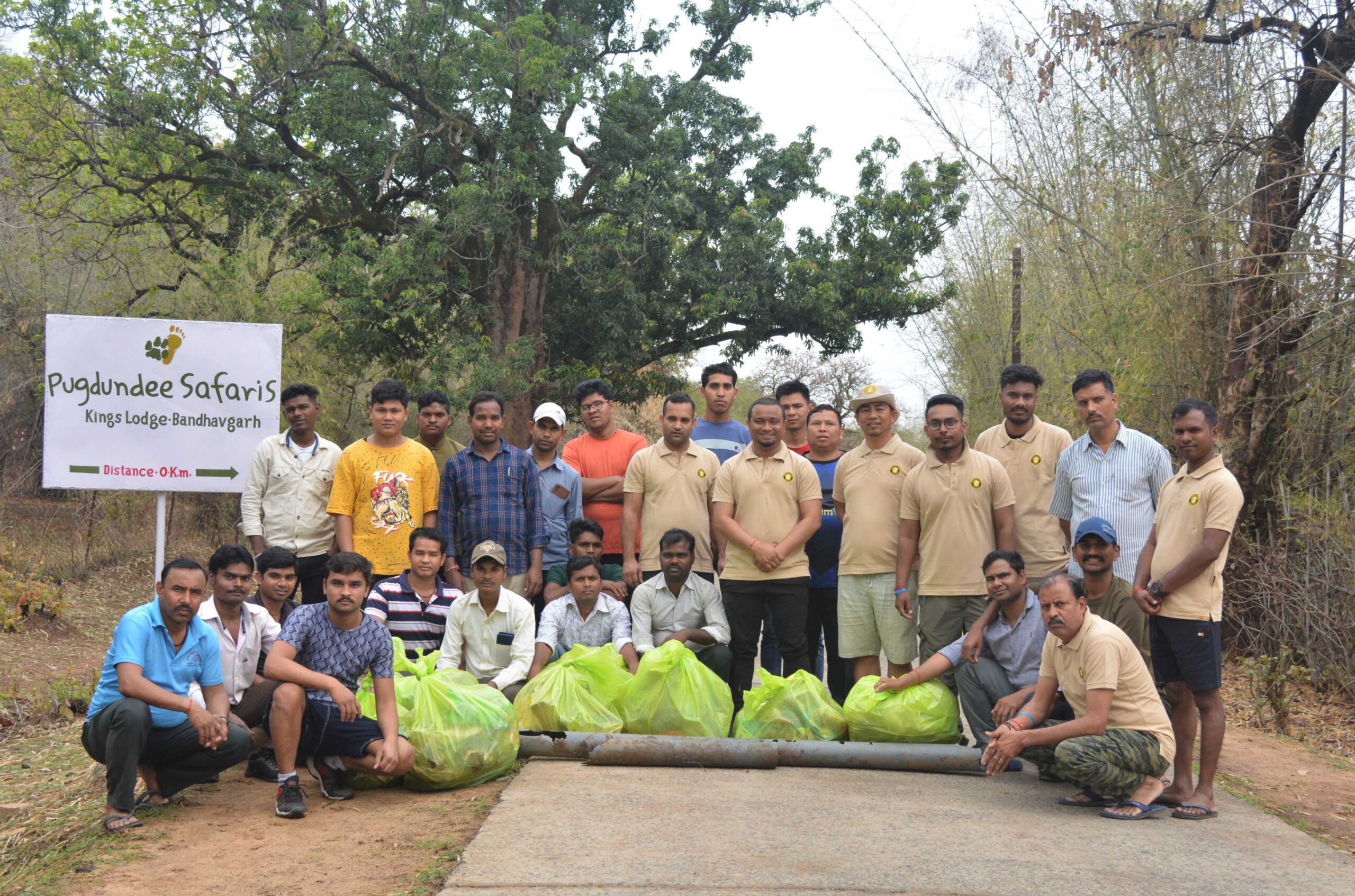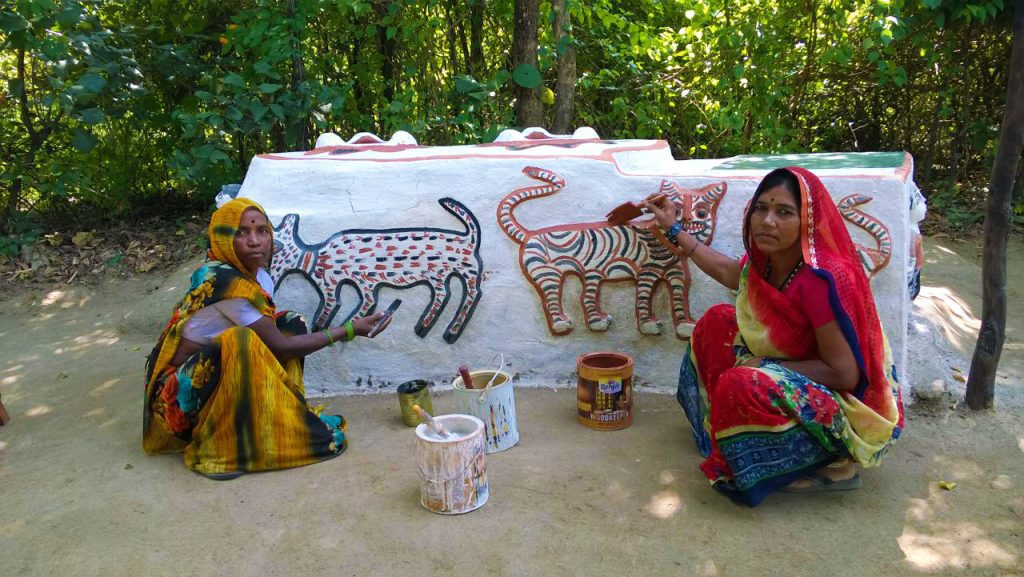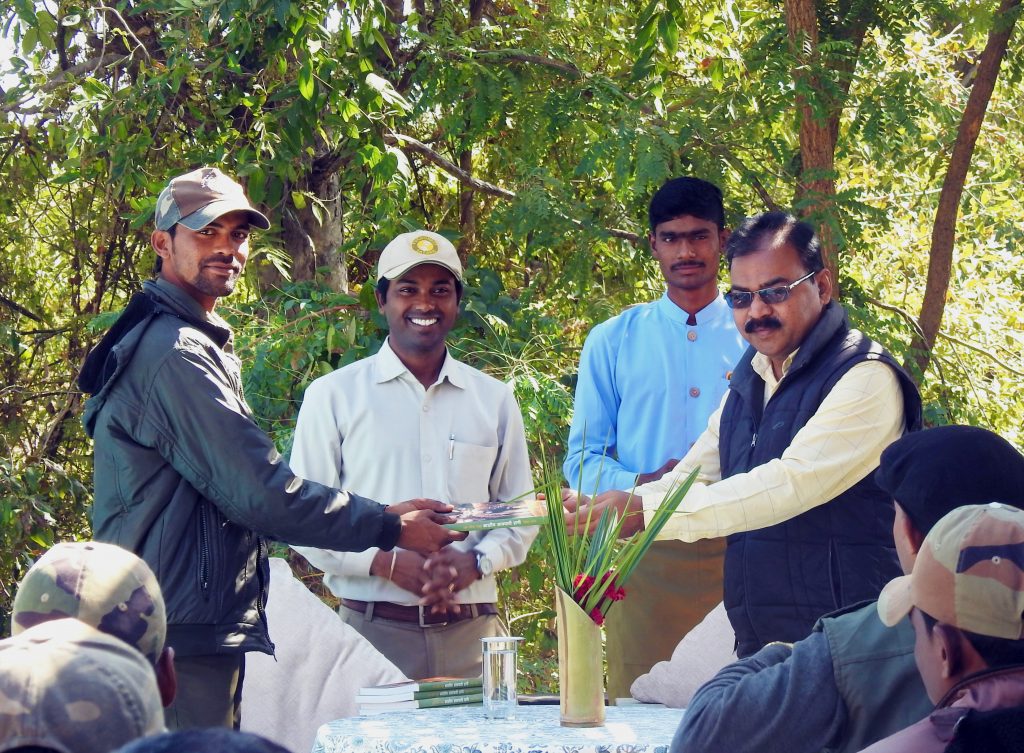“Responsible travel is the journey. Sustainable travel is the destination.” – – Numbulelo Mkefa
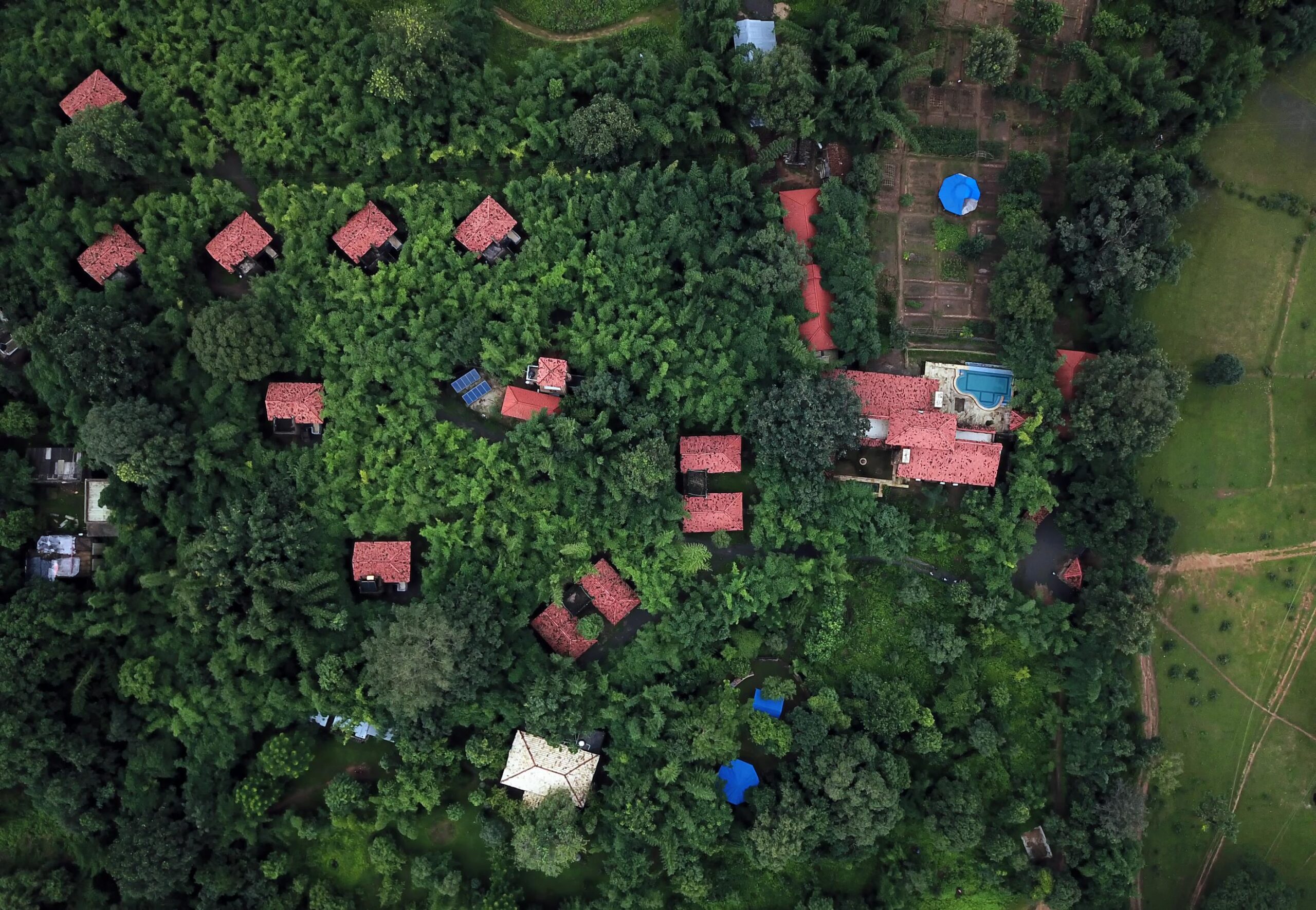
Sustainable tourism is becoming the buzz word these days and why not. The more we minimise our impact, the better equipped and abundant our planet becomes for its inhabitants.
Sustainable travel ensures travelling sensitively, keeping in mind the well-being of environment, the natural resources and communities that reside in the places we travel to.
The intention of sustainable travel is to maximise the benefits of travelling; for the ecosystem, communities, cultures and eventually the planet in the larger scheme of things; while eliminating what doesn’t serve the larger picture, which includes detrimental environment health and the sagging economy of the place.
Sustainability doesn’t just translate to just minimising our carbon foot print, but is an expansive view of balancing the overall well being of the environment, people and economy at large.
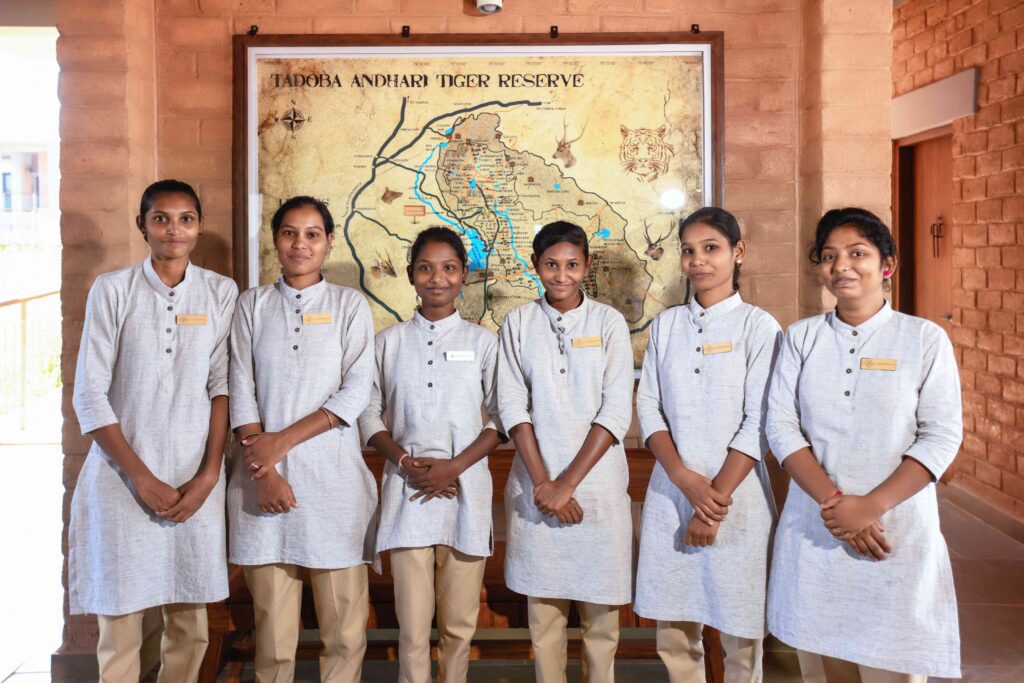
Sustainable tourism intends to ensures immediate impact, as well as long term positive impact for future generations to come.
How can one travel sustainably ?
1. Slow, Concious, Immersive Travel:
The usage of efficient means of transport to reduce the carbon emission, is one of the ways to travel sustainably.
Transportation is tourism’s main source of greenhouse gas emissions. About 8% of the world’s carbon emission comes from travel and tourism. Air travel and car travel are the biggest contributors of tourism’s carbon foot print. It’s always a better choice to take a train, or a bus and soak in the scenery, especially when you are travelling to closer destinations.
If that’s not an option, plan a longer stay, making the most of the flight, or car ride. Also by choosing a holiday and accommodation that supports green travel, and benefits nature conservation and the well-being of local communities.
While you are at your destination, instead of renting a car for local sight seeing, choose to cycle around with cycling wildlife tours, and experience the local flavours intimately. Local buses are a good idea too. You will cut down on your carbon emission and costs to a huge extent.
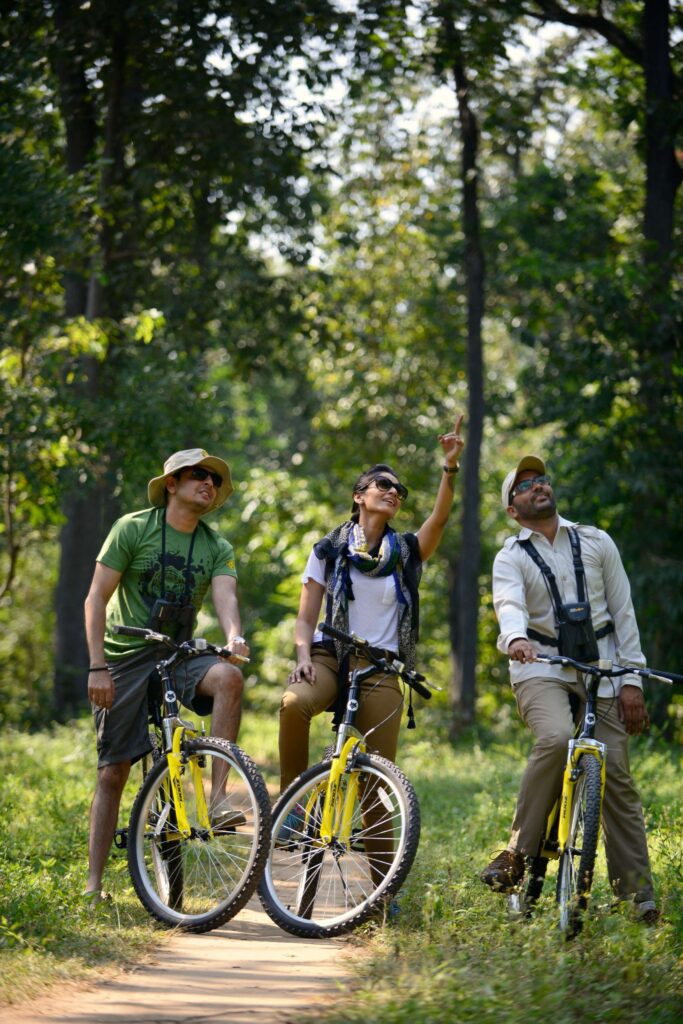
And if these are not an option and you do end up renting a car, opt for an electric, hybrid, or a smaller car.
2. Eco-Concious location:
How to choose a green property and what to look for?
Choose locations that are environmentally conscious, and businesses that are working to reduce their environmental impact, while contributing to the well being of the local communities.
While choosing your sustainable accommodation and green properties be sure to check on the following to avoid green washing:
- Has the property publicly declared their conservation and sustainability policy.
- Look out for audited properties by Earth Watch, TOFT, Travel Life etc.
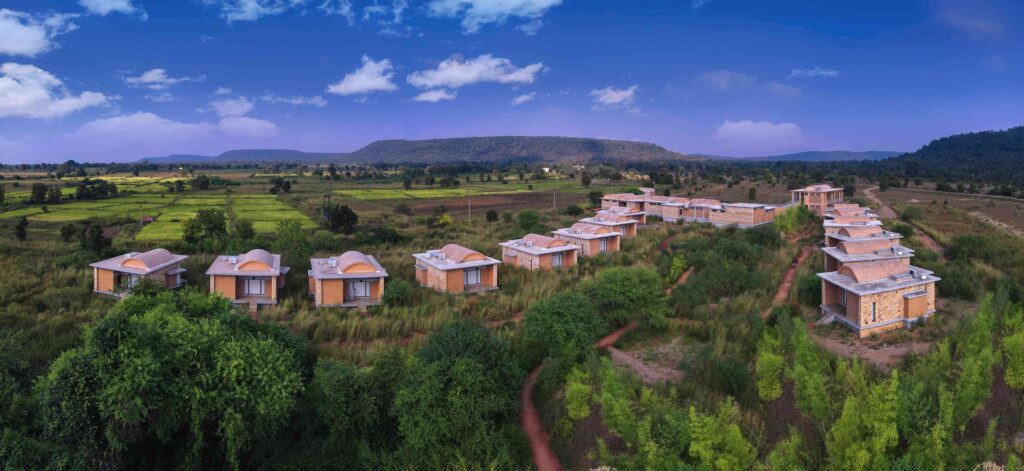
Then rest that follows suit includes:
- Are they single-use plastic free?
- What energy and conservation practises do they implement?
- Do they harvest rain water and use recycling methods?
- Do they buy their produce for the kitchen from nearby farms, or from a suppliers across the world?
- Do they promote diversity and inclusion?
- Do they hire locals to run their business and train them to be in managerial positions?
- Do they take steps to conserve the land, wildlife and practise afforestation?
- Do they support responsible interaction with nature and wildlife?
Some of Indian brands are doing exemplary work to carry the baton of responsible tourism upward & forward by adopting ESG, the international sustainability criteria for hotels, provided by the Global Sustainable Tourism Council.

3. Visit National Parks, Marine Sanctuaries and Protected Areas:
National parks and wildlife sanctuaries play a vital role in preserving our planet’s biodiversity and natural resources. The tourism fee that includes entrance fee to the parks, operator permits etc., are critical to sustain and protect these areas, while providing an income to the local communities.

When visiting a wildlife sanctuary, or a natural area be sure to act responsibly and minimise your impact. A national park, is their home, not yours; so choose to respect the wildlife with dignity.
Do not disturb the wildlife, or degrade the natural environment. Follow the “leave no trace” principle. If you carry plastic goods with you, make sure you carry it back, and not leave them in their garbage dump. Goes without saying, “no littering”.
Refrain from visiting destinations where they use animals for entertainment, or for photo ops. Choose a place that offers ethical and sustainable interactions with animals. After all they have as much right to live freely, as humans.
Visits to national parks during peak season can lead to the challenge of over capacity. This puts a lot of duress to the parks and wildlife. Plan your trip during low season. You are greeted by a quieter park, and more relaxed wild animals, and have the opportunity to soak in the still beauty of nature.
Many sustainable wildlife lodges keep their operations active through out the year, including monsoons (Kings Lodge, Resort in Kanha : Kanha Earth Lodge, Waghoba Eco Lodge : Resort in Tadoba, Pench Tree Lodge, Denwa Backwater Escape, Treehouse Hideaway). It gives a good chance for you to not only get a better rate but also soak in nature’s wonders in monsoon & visit parks with very less crowd.
Also plan to visit lesser known national parks, or forests. This makes your travel far more sustainable and wholesome.
4. Say No to Single Use Plastic & Carry Reusable, Sustainable travel kits:
Carry reusable items like water bottle, cups, steel or bamboo straw, collapsible food container, bamboo cutlery and napkins; so you can avoid single-use plastics. Use reusable/ cloth shopping bags for plastic-free shopping.
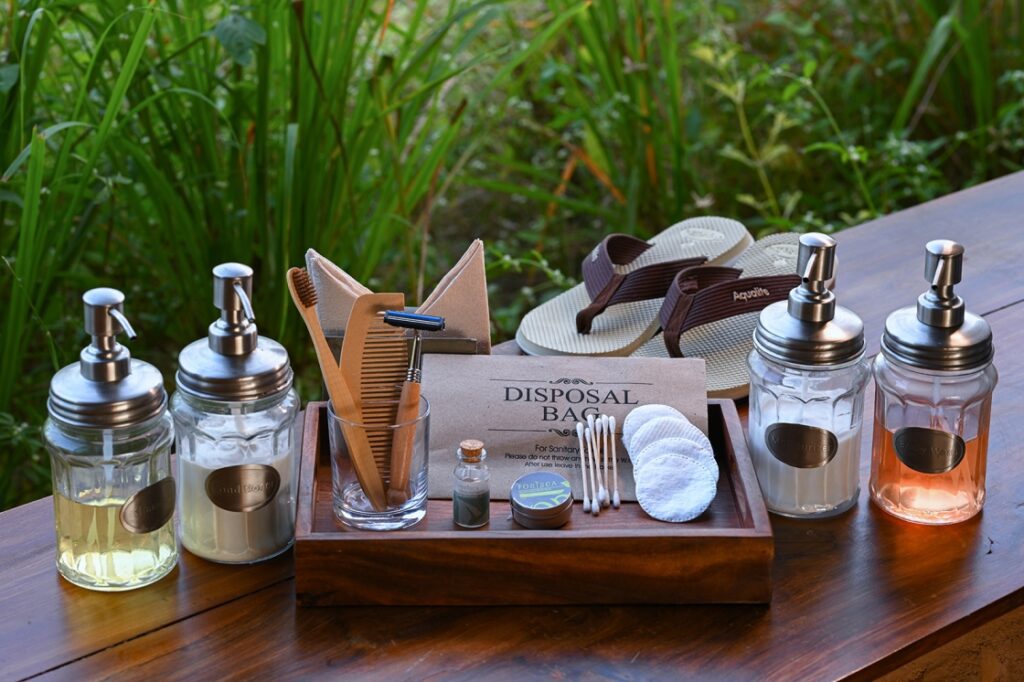
Carry zero waste, plastic free toiletries, such as shampoo bars, perfume bars, deodorant bars, tooth tablets etc. This will lead to less wastage and you won’t need to worry about travelling with liquids and aerosols. Avoid carrying chips and snack plastic packets, and if you do, make sure you carry the empty wrappers back and not dispose them in the land you are visiting.
Consider carrying your own shawl/blanket on a flight, as those provided by the airlines are wrapped in plastic. Say no to plastic mineral water bottles on a flight or train, instead remember to carry your own water bottle.
5. Go Local:
Support local business and entrepreneurs. Choose home stays, green accommodations or local accommodations, instead of international hotel chains.
Eat at local restaurants and enjoy the perks of local dishes, made with locally sourced ingredients.
Visit the local markets. Buy local handicrafts and jewellery and support the local artisans. Buy spices from the local farmers.
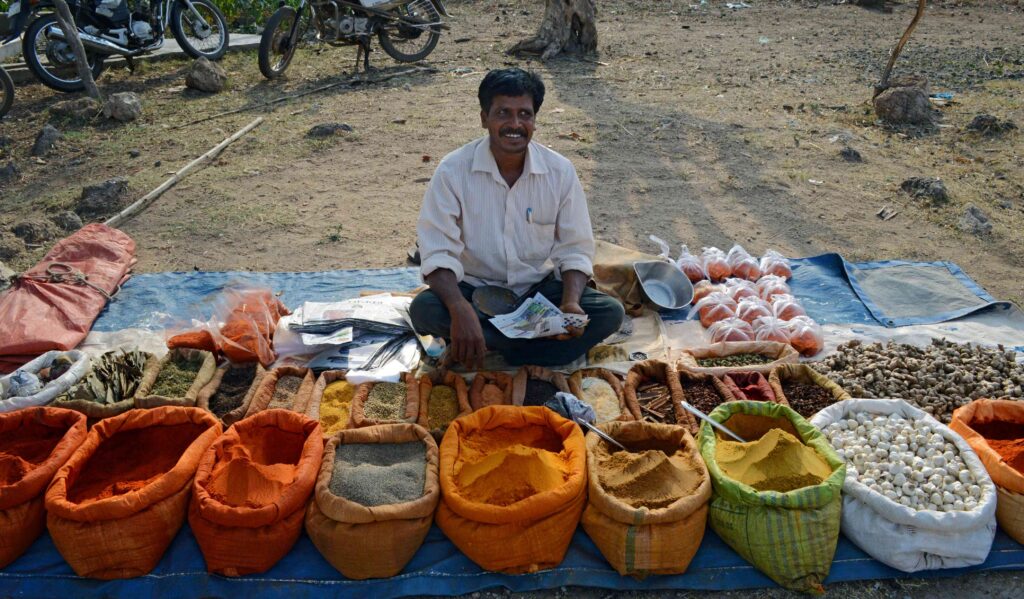
Choose local experiences, like village walks, a meal with the villagers, a pottery or local art-craft workshop. This will leave a positive impact, in turn benefiting the communities at large.
6. Be Sensitive and Respectful towards the Local Communities:
Responsible tourism entails, being sensitive and respectful to the locals, especially the tribals. Respect the local communities and their land.

Do not take pictures without their permission, or objectify the tribes. The tribals for instance live in their own silos, and using them as means of unethical entertainment, bribing them with things from our material world, is a complete no-no.
The destination you visit is someone else’s home. Make a choice to leave it clean, and the way you found it; so that the local residents and future travellers can enjoy it’s wonders, as it was, and is meant to be.
Let’s strive to make sustainable travel our humble endeavour for this abundant and resourceful planet. The choice is ours – to be ambassadors of nature in our own unique ways, and preserve the blue planet with our sustainable foot prints.
Contributed & Written by: Natasha Sinha

